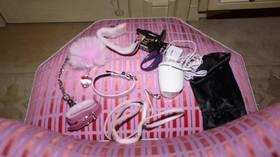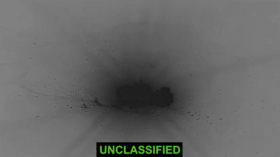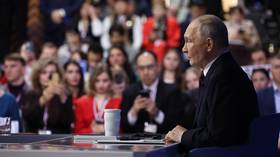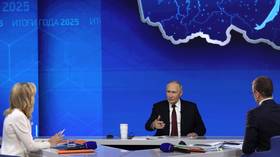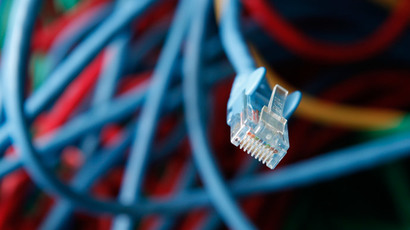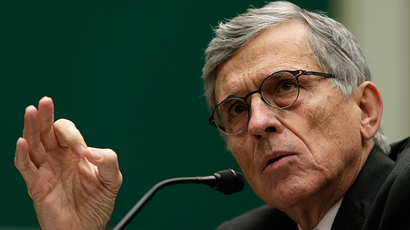Cable companies sponsoring anti-net neutrality campaign for FCC
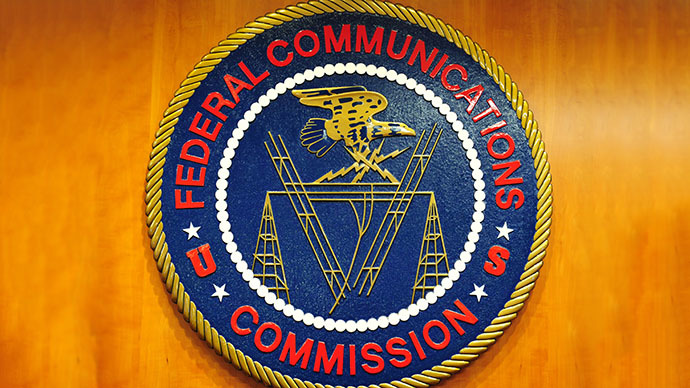
As the battle over the future of net neutrality rages on, a new report suggests that Internet Service Providers are using surreptitious means to have their say amplified ahead of a Federal Communications Commission vote.
A 120-day window is open for the public to weigh in on a recent proposal authored by former cable industry lobbyist and current FCC Chairman Thomas Wheeler that, if approved, would pave the way for a two-tiered internet system that would no longer require content to be treated equally, according to opponents of the draft.
In the meantime, a flurry of op-eds have surfaced encouraging the telecommunications industry to accept Wheeler’s proposal, and a new investigation has now linked the authors of those editorials to lobbying groups closely tied to the interests of ISPs and Wheeler’s allies.
Lee Fang writes for Vice this week that ISPs are fighting back against efforts that clash with Wheeler’s proposal, but warns “the attacks are not fully transparent.”
“A federal lawsuit filed by Verizon has forced the FCC into a corner by creating a standard under which effective net-neutrality rules — which ensure all internet traffic is treated equally — can only be reached, according to most analysts, by classifying the internet as a ‘common carrier,’ or in other words, a public utility. Such a distinction would allow the FCC to demand that internet service providers, like Comcast or Verizon, are not allowed to create internet slow lanes and fast lanes,” Fang acknowledged.
“Many of the organizations protesting a move toward classifying ISPs as a utility, which is the only likely option for enacting net neutrality, are funded by the ISP lobby,” he added. Until now, however, that fact has been largely obscured.
According to Fang, recent efforts that would ravage the concept of net neutrality, as critics suggest, have come courtesy of organizations that are largely funded by trade groups favored by ISPs.
One example, for instance, involves an op-ed published last month in the San Francisco Gate by former Republican Senator John Sununu and former Democratic Congressman Harold Ford in which they write that “Regulating the Internet as a public utility would ensure that it would suffer from…chronic underinvestment” and that “millions of Americans will no longer enjoy a world-class Internet.”
Beneath the article, Fang wrote, a disclaimer says Sununu and Ford are honorary co-chairs of Broadband for America, "a coalition of 300 internet consumer advocates, content providers and engineers."
Fang challenges that assessment. He continues:
“A disclosure obtained by VICE from the National Cable and Telecom Association (NCTA), a trade group for ISPs, shows that the bulk of Broadband for America's recent $3.5 million budget is funded through a $2 million donation from NCTA. Last month, Broadband for America wrote a letter to the FCC bluntly demanding that the agency 'categorically reject' any effort toward designating broadband as a public utility. It wasn't signed by any internet consumer advocates, as the Sununu-Ford letter suggests. The signatures on the letter reads like a who's who of ISP industry presidents and CEOs, including AT&T's Randall Stephenson, Cox Communications' Patrick Esser, NCTA president (and former FCC commissioner) Michael Powell, Verizon's Lowell McAdam, and Comcast's Brian Roberts.”
Additionally, Vice reports that another group arguing the same point before the FCC, the American Consumer Institute, is not a “consumer advocacy group” as it claims, but rather “like Broadband for America, is financed by an ISP lobby group.”
On the website for The Consumerist, Chris Morran puts the pieces in place even further. “The Vice story also takes issue with an FCC filing against broadband regulation by the American Consumer Institute, which just happens to get a nice slab of funding from a group called MyWireless.org,” he writes. “Interestingly enough, the name on the tax return for MyWireless is Steve Largent, former Seattle Seahawk and current head of wireless industry lobbying group CTIA. In another not-at-all-coincidence, FCC Chair Tom Wheeler used to be CEO of the CTIA.”
The FCC’s window for comments will continue to be open throughout the summer, but anyone willing to have their opinion heard may have to be patient: as RT reported earlier this week, the comment section on the FCC’s website was temporarily unavailable after a video of comedian John Oliver implored net neutrality proponents to weigh in en masse, crippling FCC.gov as a result.


